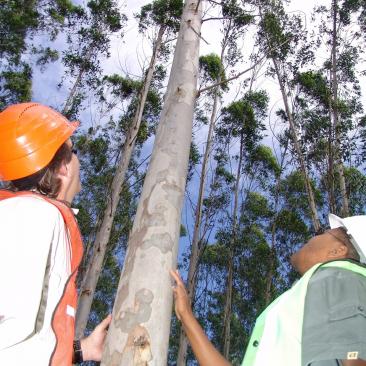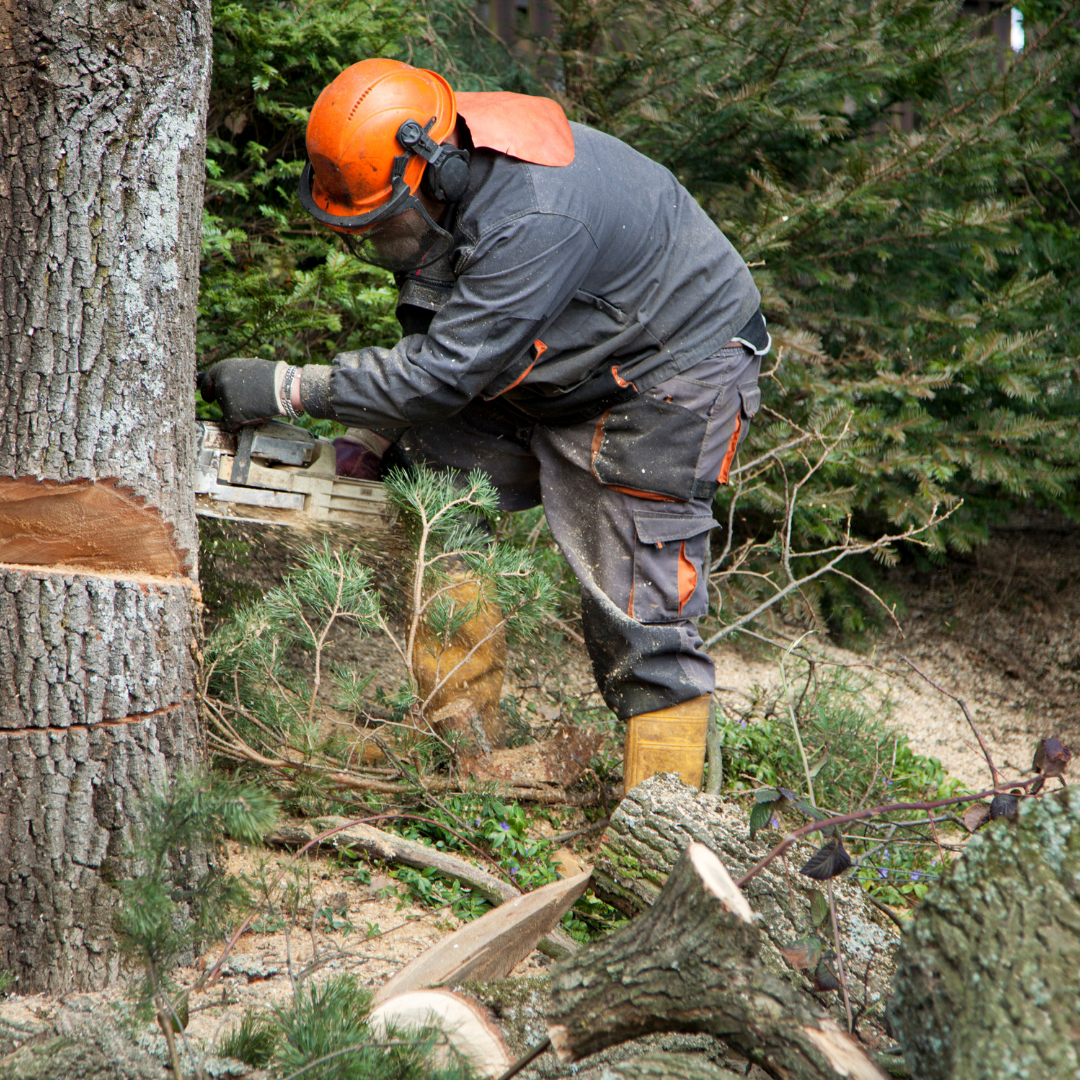
Workers Day: FSC ensures Worker Rights are protected
Workers Day was first commemorated in 1889 when an international federation of socialist groups and trade unions designated May 1 as a day in support of workers, in commemoration of the Haymarket Riot in Chicago (1886), which was the first recorded full day work stoppage in the USA.
In South Africa, its history can be traced back to the first recorded celebration of Workers’ Day by the Johannesburg District Trades Council in 1895.
In South Africa and many African countries, the more extensive fight for workers’ rights, the rise of trade unions and other labour organisations has been linked to the battle against colonialism, segregation and formalised apartheid in the case of South Africa. Since the dawn of the democracy in South Africa, the 1 May has been celebrated as a public holiday.
FSC sets the standard in forestry certification
Forest Stewardship Council® (FSC®) forest management certification confirms that forests are being managed in a way that preserves biological diversity and benefits the lives of local people and workers, while ensuring it sustains economic viability.
The protection of Workers’ rights is a key principle (Principle 2) of FSC Principles and Criteria for Forest Stewardship.
Principle 2 Workers Rights and Employment Conditions states the certified organization shall maintain or enhance the social and economic wellbeing of workers. So, what does this mean?
Very importantly an FSC certified organisation has to uphold the principles and rights of workers, as defined in the International Labour Organisation (ILO) Declaration on Fundamental Principles and Rights at Work (1998), which is based on the eight ILO Core Labour Conventions.
Principle 2 states that organisations shall promote gender equality in employment practices, training opportunities, awarding of contracts, processes of engagement (with regards the Forest Management Plan) and management activities. In addition, health and safety practices must be implemented to protect workers from occupational related hazards, and these should meet exceed the recommendations of the ILO Code of Practice on Safety and Health in Forestry Work. Interesting that the World Day for Safety and Health at Work 2022 was celebrated on the 28 April . 
Employers shall also pay wages that meet or exceed minimum forest industry standards or other recognized forest industry wage agreements or living wages, where these are higher than the legal minimum wages. Workers must be shown to have job-specific training and supervision to safely, and effectively implement the forest management plan and all management activities. In addition, workers shall have mechanisms for resolving grievances and for providing fair compensation to workers for loss or damage to property, occupational diseases, or occupational injuries sustained while working for the Employer.
FSC CoC certification includes the FSC Core Labour Requirements
The revised (in 2021) FSC Chain of Custody standards (FSC-STD-40-004 & FSC-STD-20-011) now include the FSC core labour requirements, which are auditable social compliance requirements. This puts workers’ rights on the agenda for around 45,000 FSC Chain of Custody certificate holders all over the world. It means that consumers can now know that FSC-certified products come from companies that are checked for their respect for workers’ rights.
The FSC core labour requirements include effective abolition of child labour, elimination of all forms of forced or compulsory labour, the elimination of discrimination in respect of employment and occupation, respect of freedom of association and the effective recognition of the right to collective bargaining.
So, let’s reflect on the important role workers play in the forestry and related forest products sector, and the wider worker community. We wish millions of workers around the word well this Workers Day, and we think soberly of those workers whose livelihoods are impacted by armed conflict.
